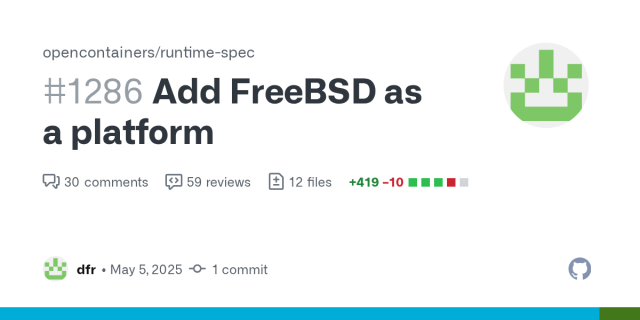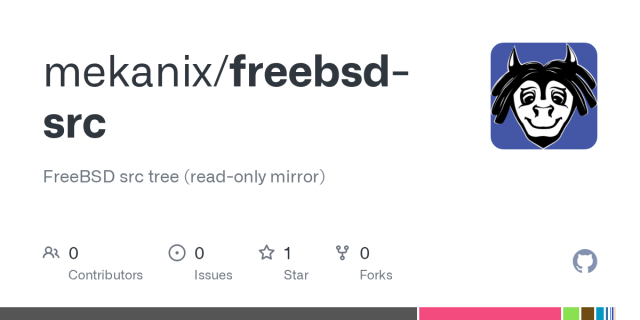FreeBSD 15.0 (almost)-RELEASE, using pkgbase, on my Ryzen 9 MiniPC (and compared to openSUSE Tumbleweed):
- Full disk encryption works beautifully via GELI, as usual.
- Installing KDE is easy and it works perfectly on Wayland.
- All my main apps work. Others will run via the Linuxulator or Wine (Linux browsers, WinBox for MikroTik, etc).
- The fan seems more relaxed.
- The system generally feels snappier.
- Native ZFS. I can autosnapshot every 5 minutes. If I try to do this with btrfs - snapshots of the home directory included and quotas enabled - the system hangs while handling them (which is why Tumbleweed doesn’t snapshot home by default).
- The media keys on my keyboard work, but volume control uses huge steps and 30 percent is already extremely loud. This can be fixed. The monitor brightness setting is also a bit off, but I don't care.
- amdgpu works perfectly.
- The wifi card works. I haven’t tested the speed because I immediately installed the realtek-re-kmod driver to use the 2.5 Gbit ethernet connection.
- Suspend doesn’t work. This is a big problem for me. It’s probably more psychological than technical, but I can’t leave the computer powered for hours when I’m not using it. I already have servers running 24/7 here. I even considered putting my Qotom FreeBSD server in a VM. It would probably work, but next summer it might be an issue because temperatures here aren’t low and spinning disks don’t love heat (and I don’t love their noise).
- It’s stable and reliable. I’ve done almost everything and it just works, as expected.
- Some small glitches remain, mostly due to missing configuration or packages (I didn’t tune anything. I just installed it and started using it).
A much smoother experience than a year ago, when I bought it.
Will I keep using FreeBSD on this minipc?
I’m not sure yet, since Tumbleweed works great and the lack of suspend really influences my choice. I'll contact Aymeric and try to offer some help to improve this.
For now, I’ll keep it on an external SSD and switch from time to time, especially when I know I’ll be using the minipc for hours.
#Linux #FreeBSD #Desktop #openSUSE

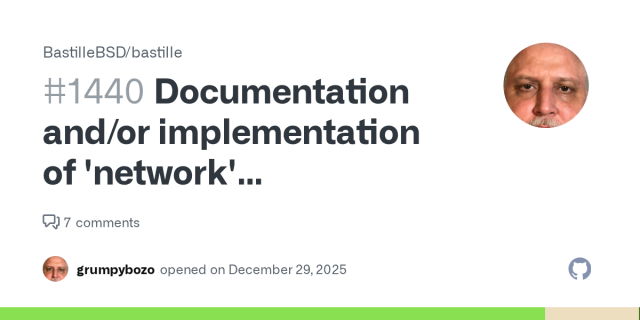
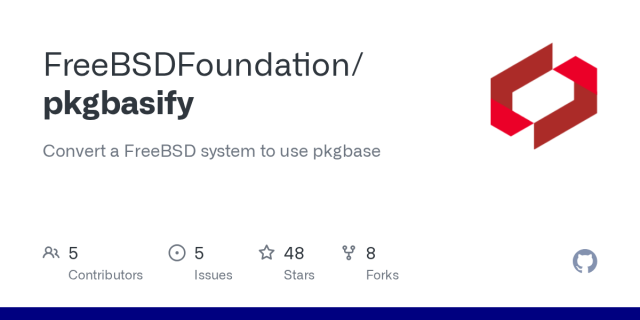

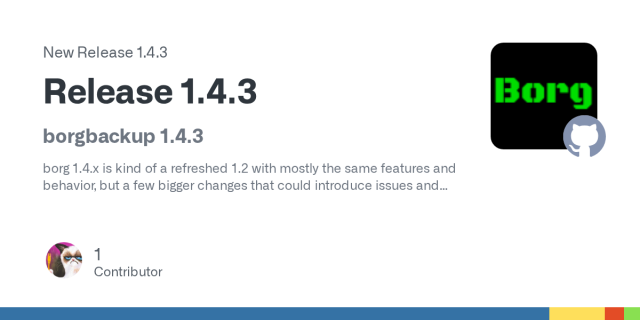

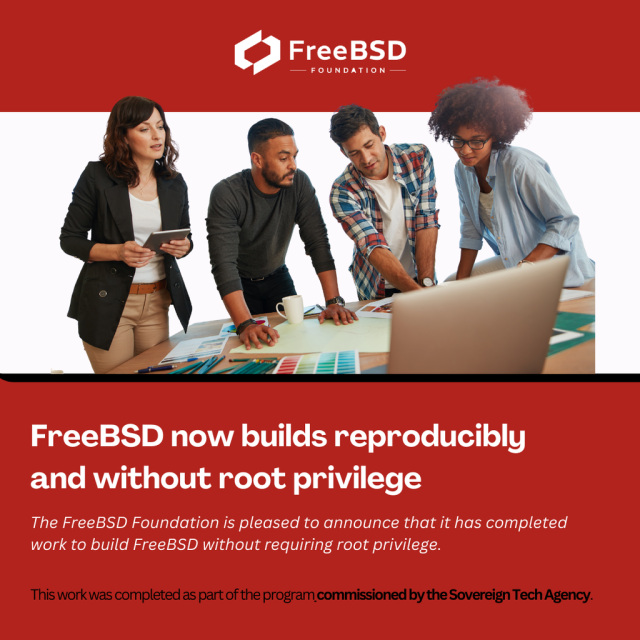
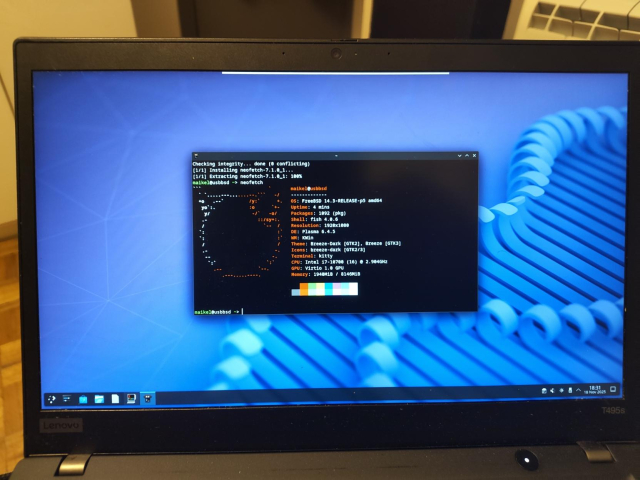
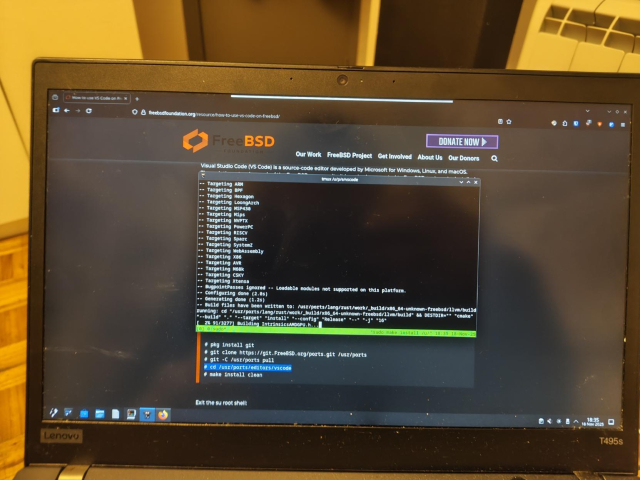

 ... welp, that's way more convenience then I expected , thanks a lot sir!
... welp, that's way more convenience then I expected , thanks a lot sir! 

